15 Essential Solo Travel Safety Rules Every Explorer Should Know
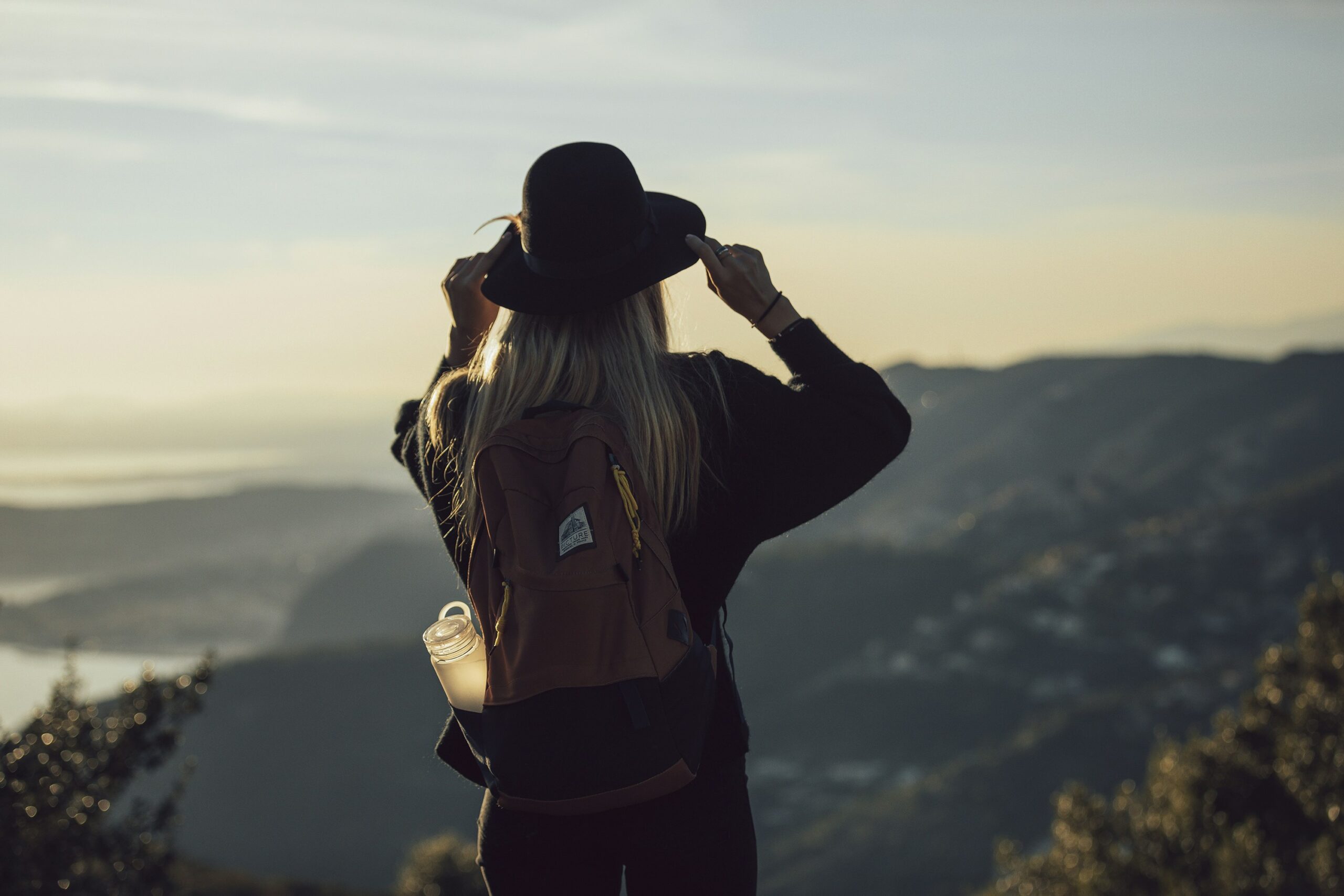
Solo travel is liberating, transformative, and full of unexpected joy. But it’s also a journey that demands heightened awareness, especially when you’re your only backup. From urban cities to remote landscapes, solo explorers face unique challenges that can be navigated with the right preparation and mindset. These 15 safety rules are more than just checklists—they’re the habits, instincts, and tools seasoned solo travelers swear by. Whether you’re new to going solo or a veteran wanderer, let these be your steady companions.
Research Your Destination Thoroughly
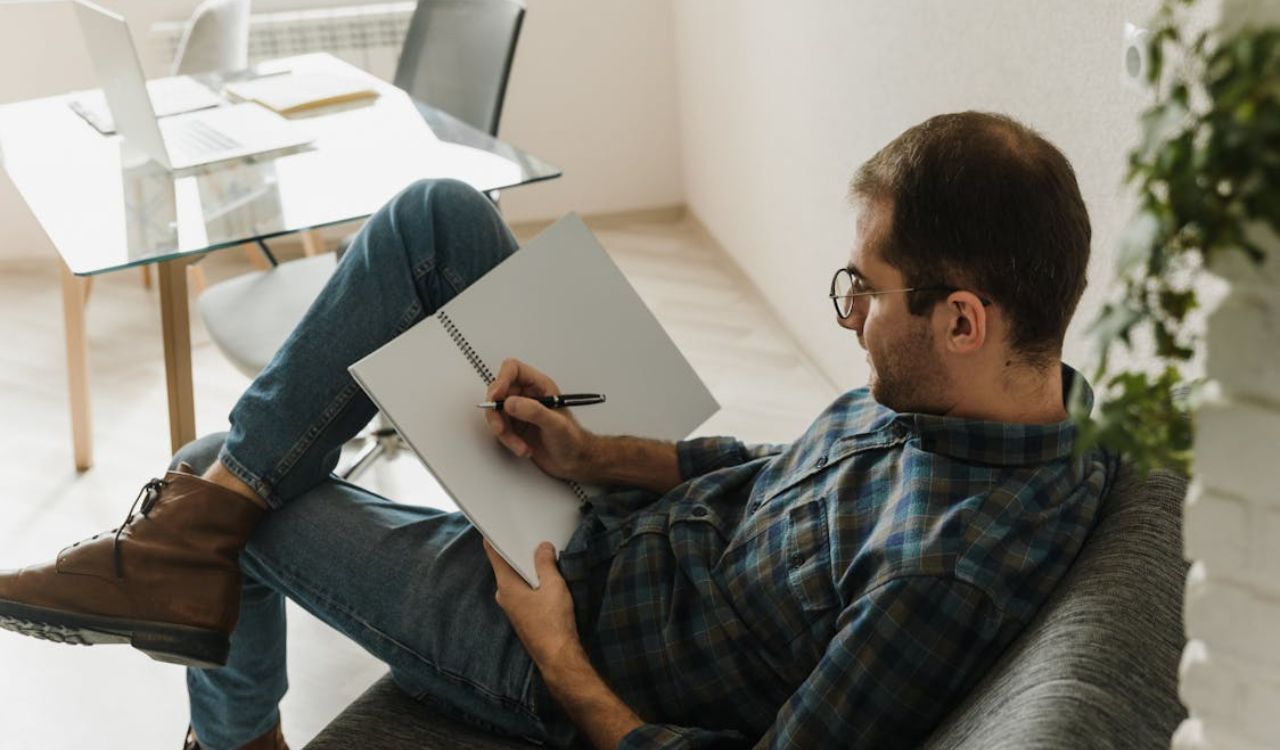
Before you book that flight, go deep into destination research. Look beyond the top attractions and understand the neighborhoods, local scams, emergency contacts, and cultural norms. Knowing whether an area is safe after dark or how to avoid common tourist pitfalls helps you plan wisely. Google Maps reviews, Reddit threads, and solo travel blogs are excellent sources. A well-researched traveler is a confident traveler—one who moves through new spaces with intention and clarity.
Share Your Itinerary with Someone
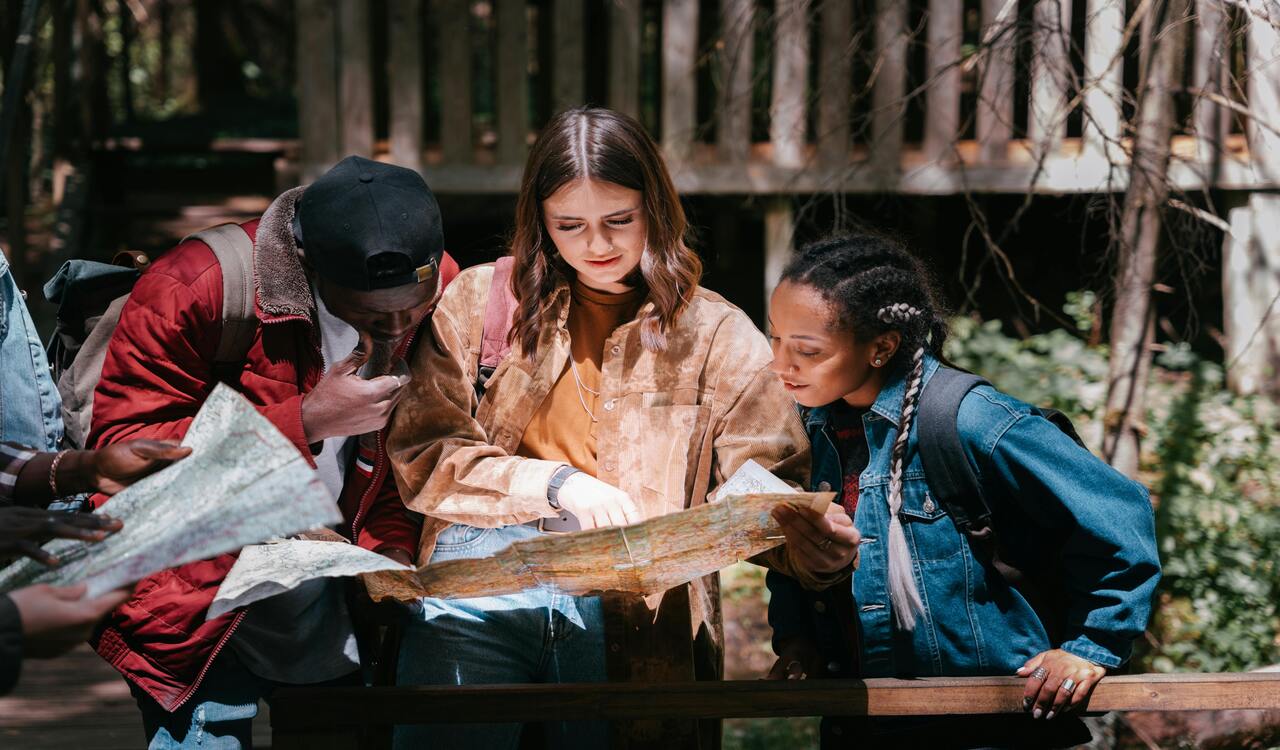
Always let a trusted friend or family member know where you’re headed, including flight details, accommodation addresses, and any day trips you plan to take. This creates a digital safety net. Use shared docs or real-time tracking apps like Life360 or Find My. Even if plans change, update your check-in buddy. In case of emergencies, this small step can help authorities locate you faster. It’s one of the simplest but most effective things you can do for peace of mind.
Trust Your Gut Instinct
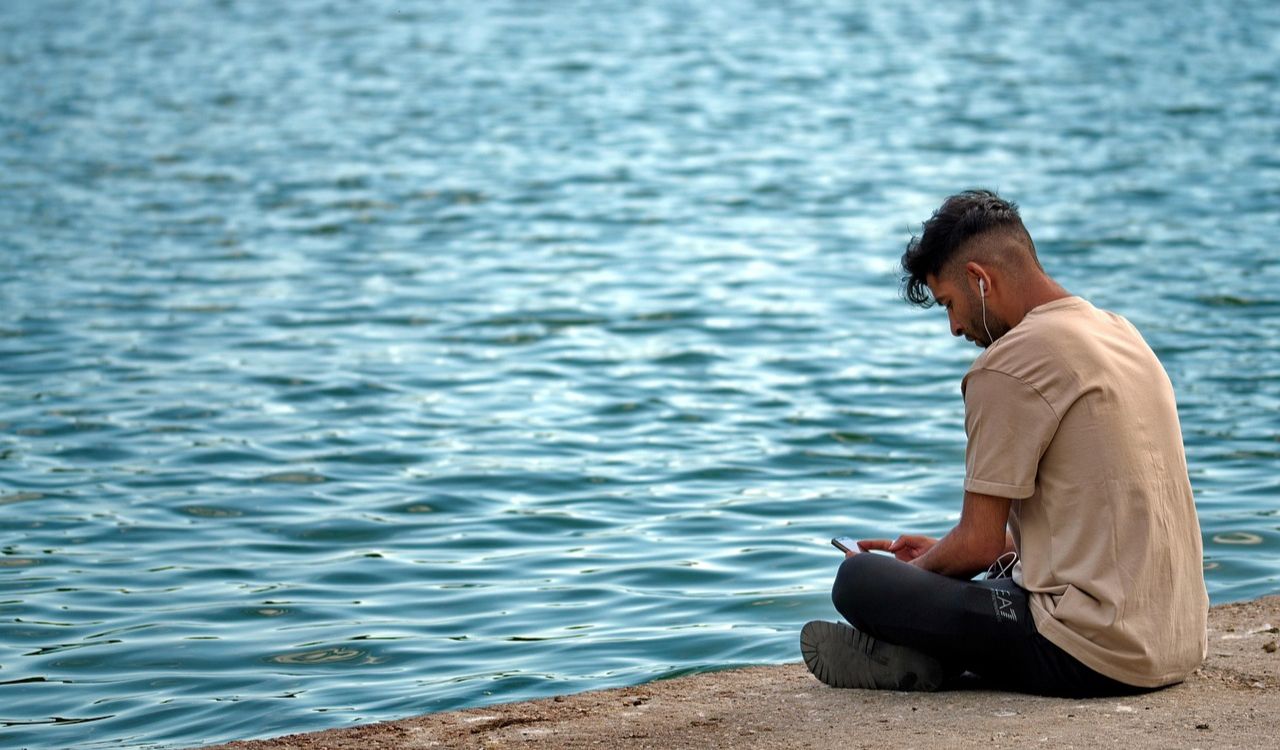
Your intuition is one of your most powerful safety tools. If a person, place, or situation feels “off,” trust that feeling—no explanation needed. Solo travelers often report that tuning into their instincts has saved them from scams, shady accommodations, or risky interactions. It’s okay to politely excuse yourself, change plans, or walk away. Your safety is more important than being polite or sticking to an itinerary. Gut checks aren’t overthinking—they’re self-protection.
Blend In with the Locals
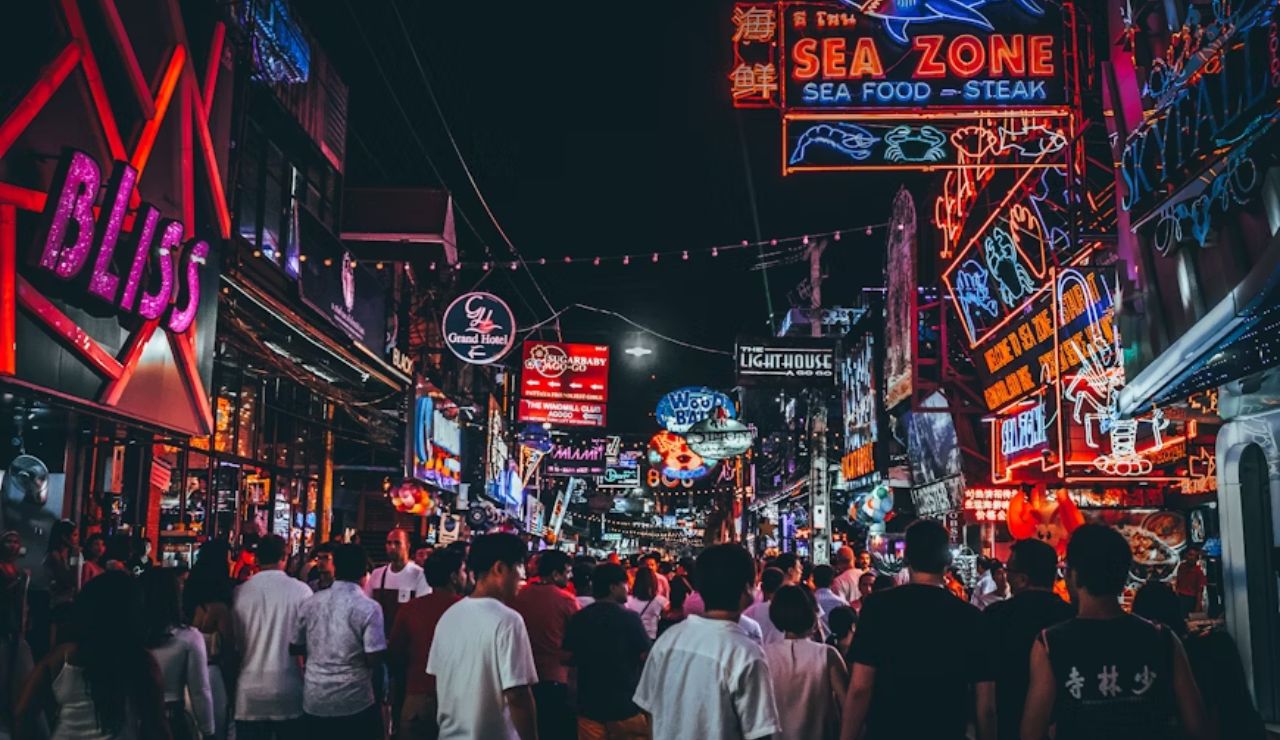
Avoid drawing unnecessary attention. Dress modestly and appropriately for your destination, observe local etiquette, and try to adopt the pace and rhythm of the place. Standing out as an obvious tourist can make you more vulnerable to scams or theft. Walk with purpose, look confident, and keep your valuables discreet. Learning a few local phrases or greetings can also go a long way in helping you integrate and navigate safely. Subtlety is a powerful shield.
Keep Digital and Paper Copies

Always have both digital and physical copies of key documents—passport, visa, insurance, and ID. Store digital versions on a cloud app like Google Drive, and keep printed copies in a separate bag from your originals. If anything is lost or stolen, having backups helps you resolve issues faster. Don’t forget emergency contact numbers and embassy details. Think of it as your safety duplicate system—something you hope you never need, but are always glad to have.
Avoid Flashy Valuables
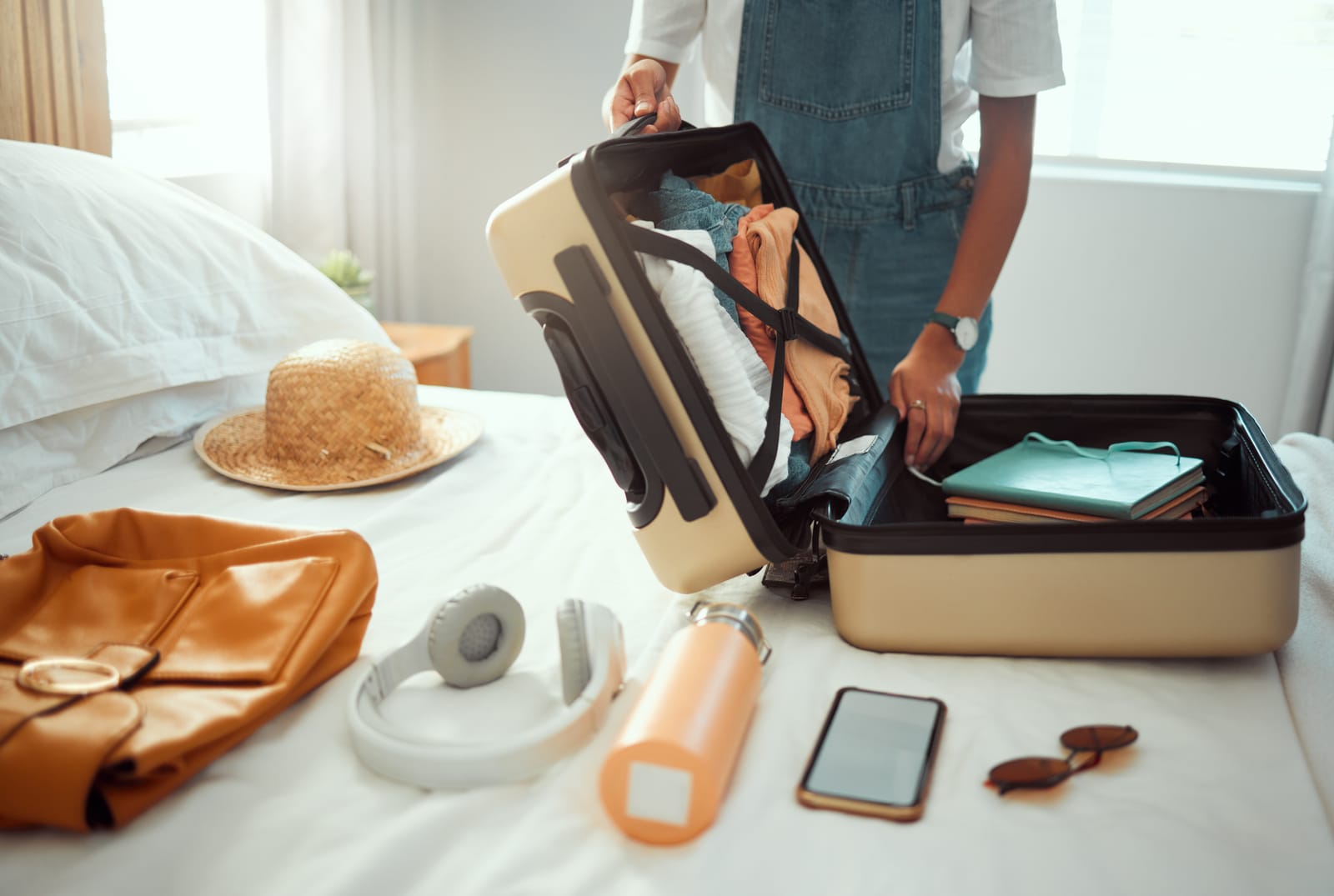
Leave the designer bags and shiny accessories at home. Wearing expensive-looking jewelry or high-end gear can make you a target. Even if it’s imitation, thieves won’t know the difference until it’s too late. Keep your phone out of sight in crowded areas, and use a discreet daypack instead of a flashy branded one. Safety often means simplicity—blending in, traveling light, and making sure your belongings don’t scream “steal me.”
Stay Sober (or Know Your Limit)
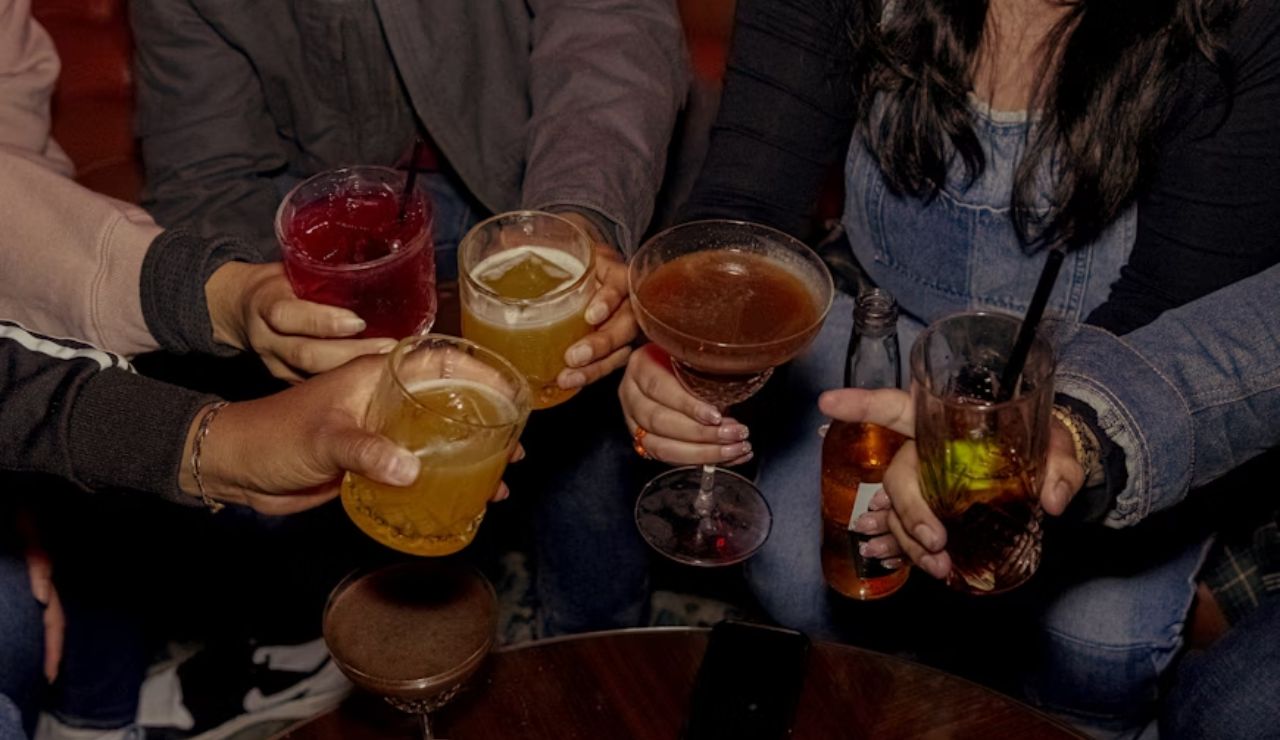
While it’s tempting to try local cocktails or party into the night, solo travelers should know their alcohol tolerance and drink responsibly. Keep your drink in sight, avoid accepting drinks from strangers, and know your route back home before you even take the first sip. Alcohol lowers awareness and makes it harder to judge situations clearly. If you’re in an unfamiliar place, sobriety—or moderation—can be a life-saver. Save the wild nights for when you’re with a group.
Carry a Fake Wallet
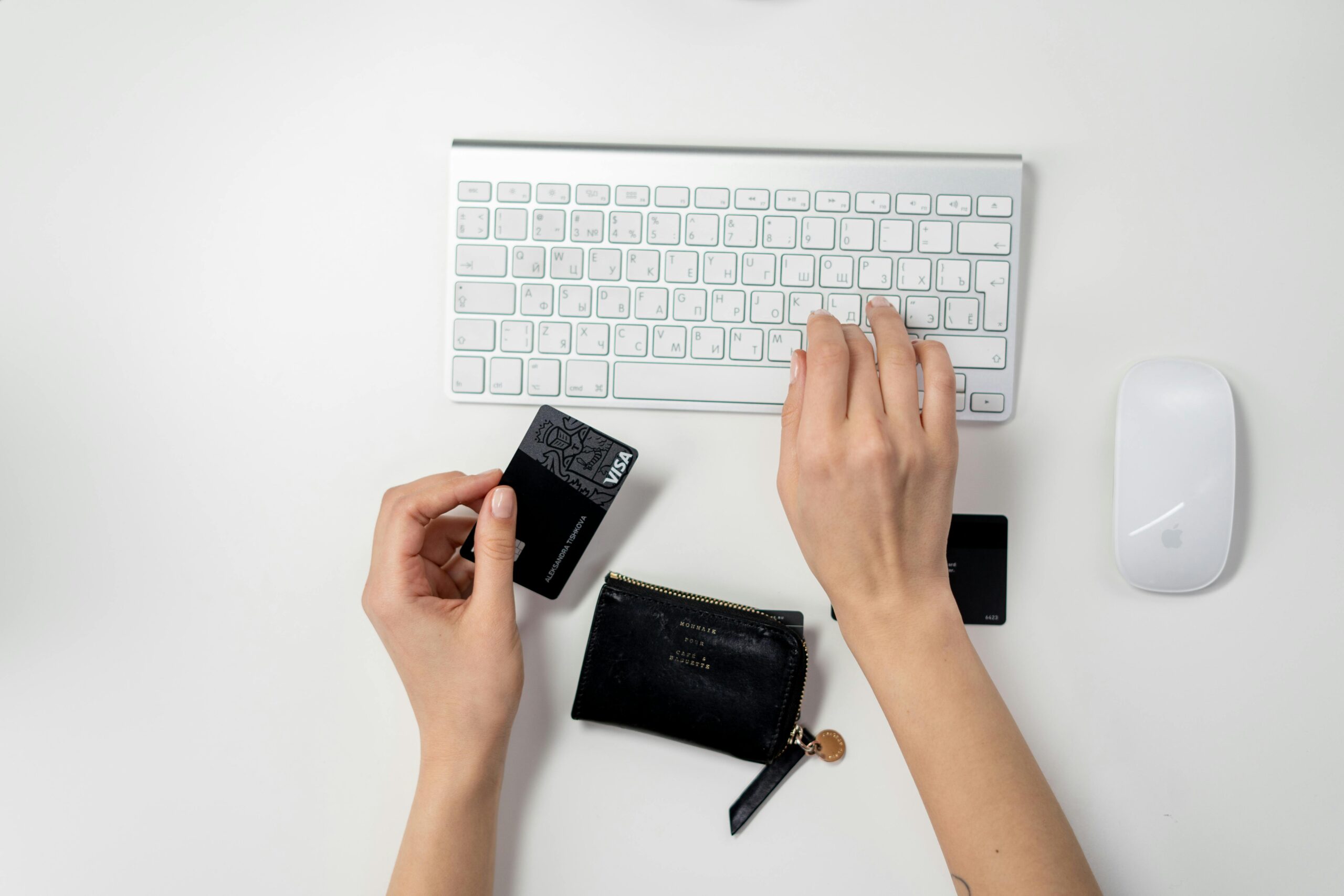
This small trick can save you big stress. Carry a decoy wallet with expired cards and a little cash. In case of theft or mugging, you can hand over the fake without losing your real valuables. Keep your actual passport, money, and cards in a money belt or a hidden pouch under your clothes. It’s an old-school trick, but one that savvy solo travelers around the world still swear by—especially in areas known for pickpocketing or petty theft.
Use Locks and Doorstops
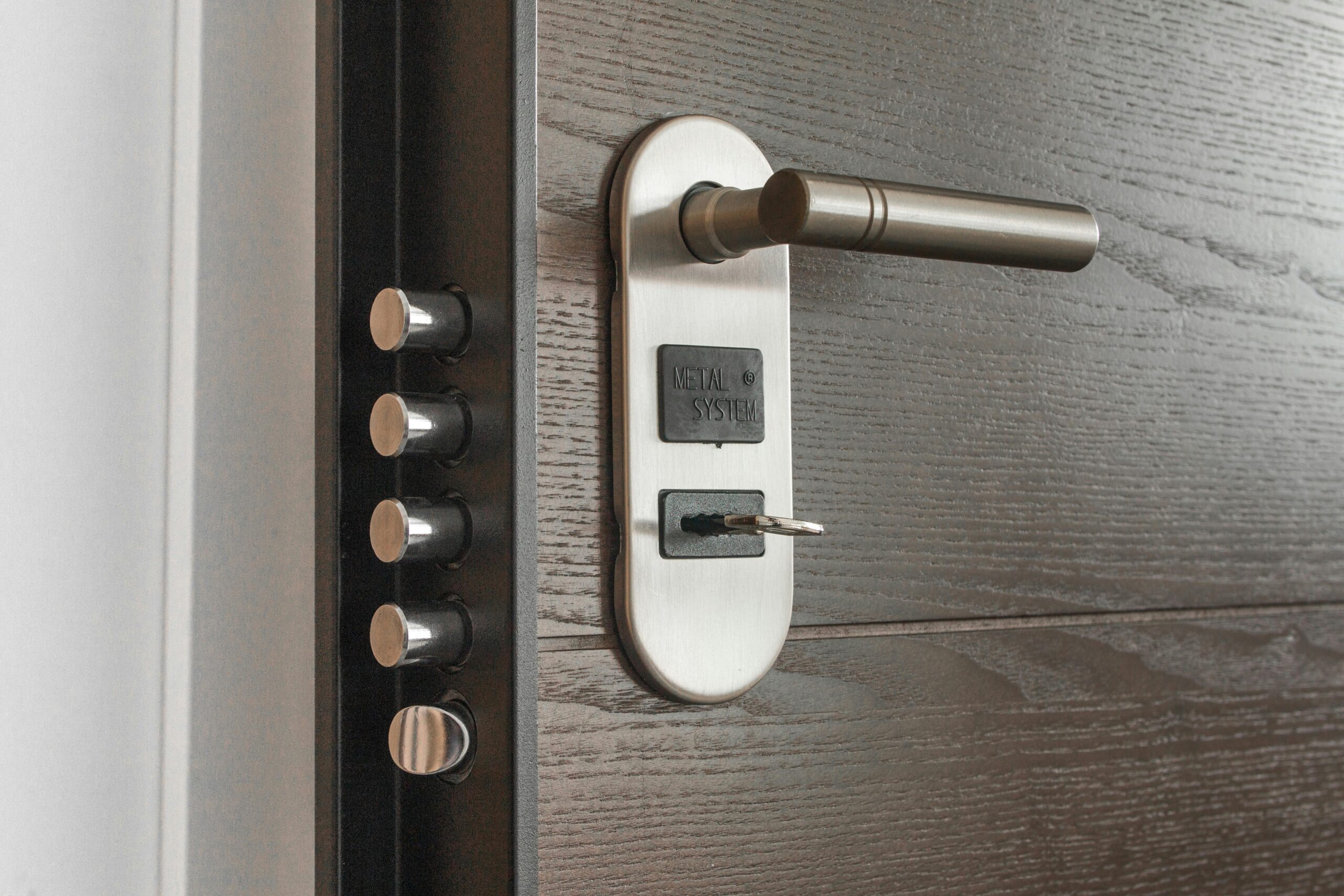
Hotel doors don’t always have the best locks. A portable doorstop alarm or rubber door wedge can give you extra security while you sleep. Also, use TSA locks for your bags, even in hotel rooms or hostels. Lockable luggage not only prevents theft but gives peace of mind when you’re away exploring. These tools are compact, inexpensive, and take up hardly any space—but their security value is immense, especially when you’re sleeping alone in unfamiliar places.
Choose the Right Accommodation

Read reviews with a critical eye—especially those by solo travelers and women. Look for safe neighborhoods, 24/7 reception, good lighting, and clear directions. Consider hostels, guesthouses, or boutique hotels that have reputations for being solo-travel friendly. Booking platforms often allow you to filter by “solo traveler” ratings. Don’t hesitate to reach out to hosts beforehand with questions. A good night’s rest starts with a place you feel secure in.
Don’t Share Too Much Too Soon
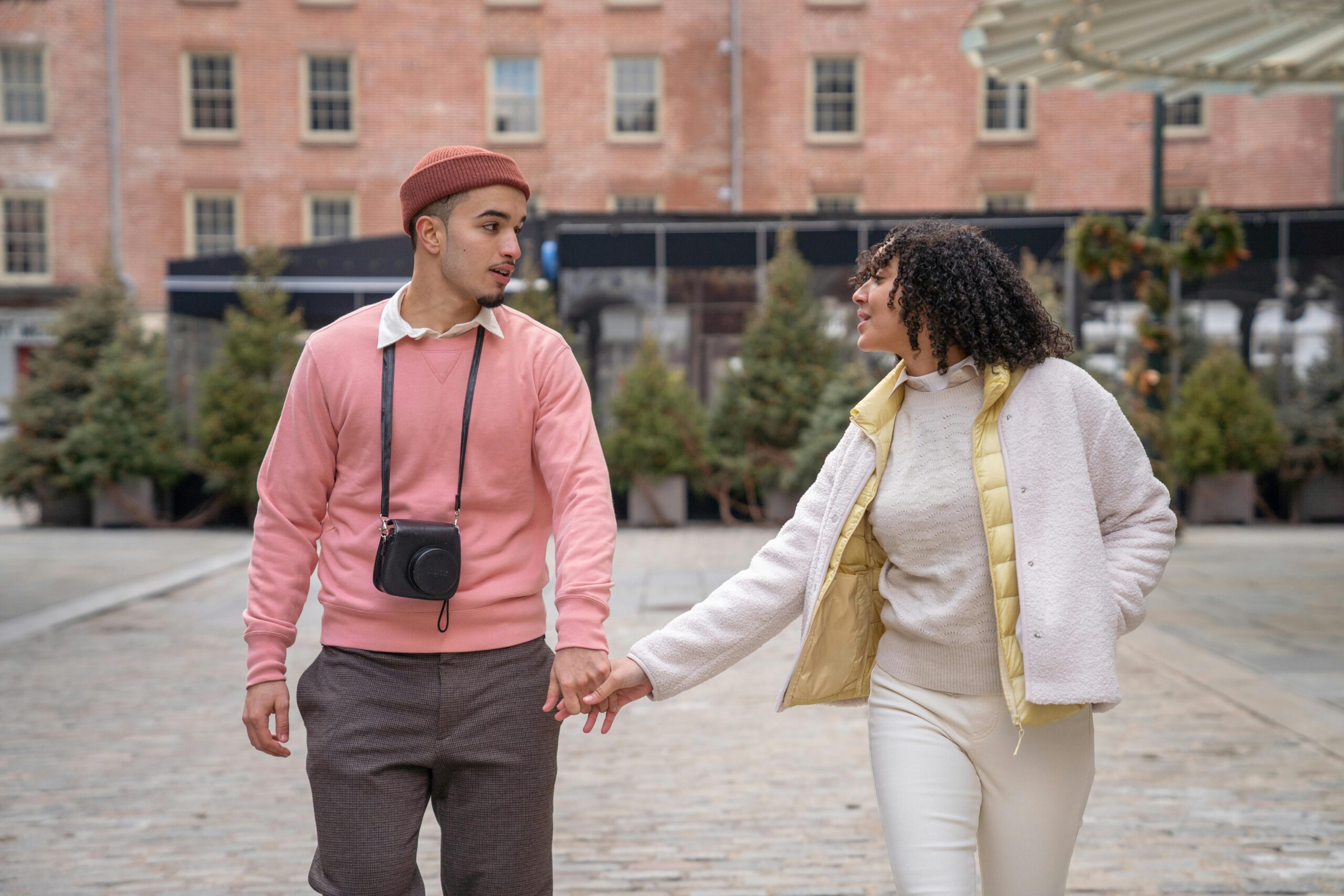
Be friendly, but cautious. You’ll meet interesting people on the road, but avoid revealing where you’re staying, your full itinerary, or travel plans too quickly. Use vague responses if needed—like saying you’re meeting a friend later, or not traveling alone. Share stories and connections, but keep personal details close until you’ve built genuine trust. Oversharing can unintentionally invite trouble, even in conversations that seem casual or innocent.
Stay Connected (But Battery-Wise)
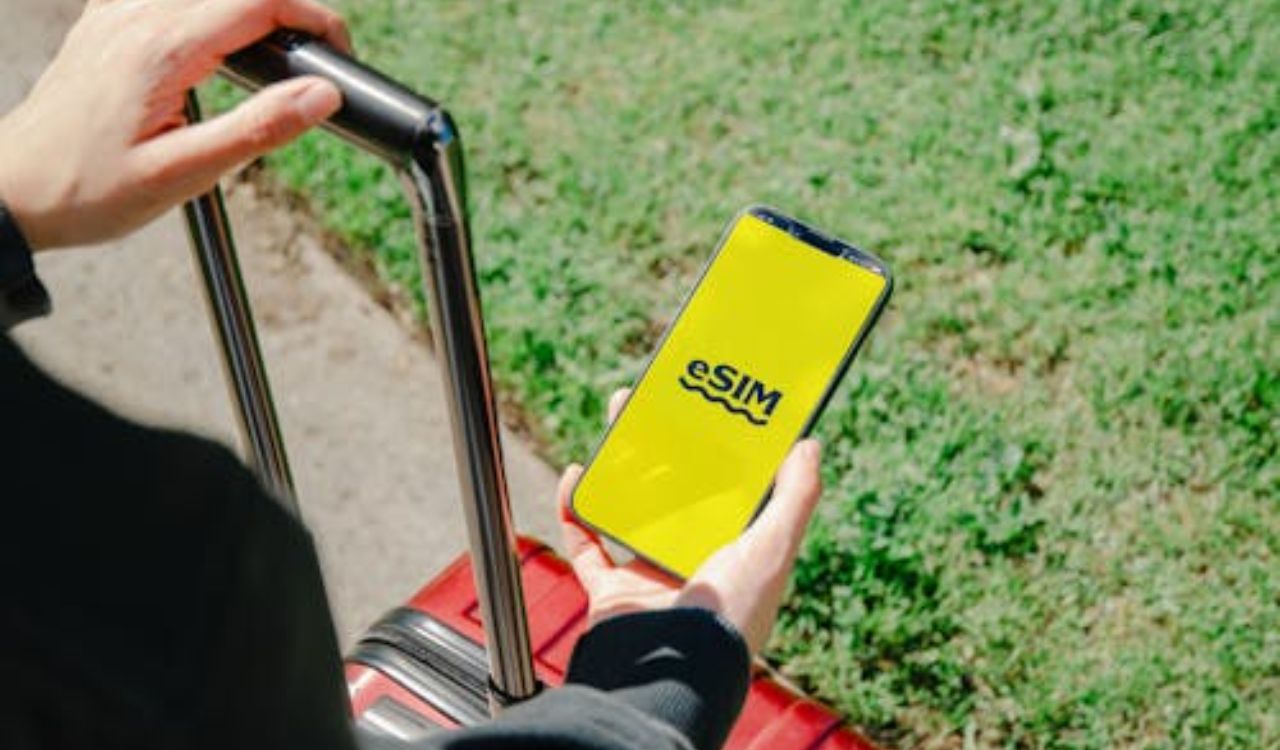
Keep your phone charged and always carry a power bank. Enable offline maps, download local guides, and ensure you have a SIM card or eSIM for emergency connectivity. Use WhatsApp Live Location or GPS sharing apps with a close friend. But also be mindful not to drain your battery using social media or long video calls. Your phone is your lifeline—use it smartly and always have an emergency plan if connectivity is lost.
Be Street Smart in Transit
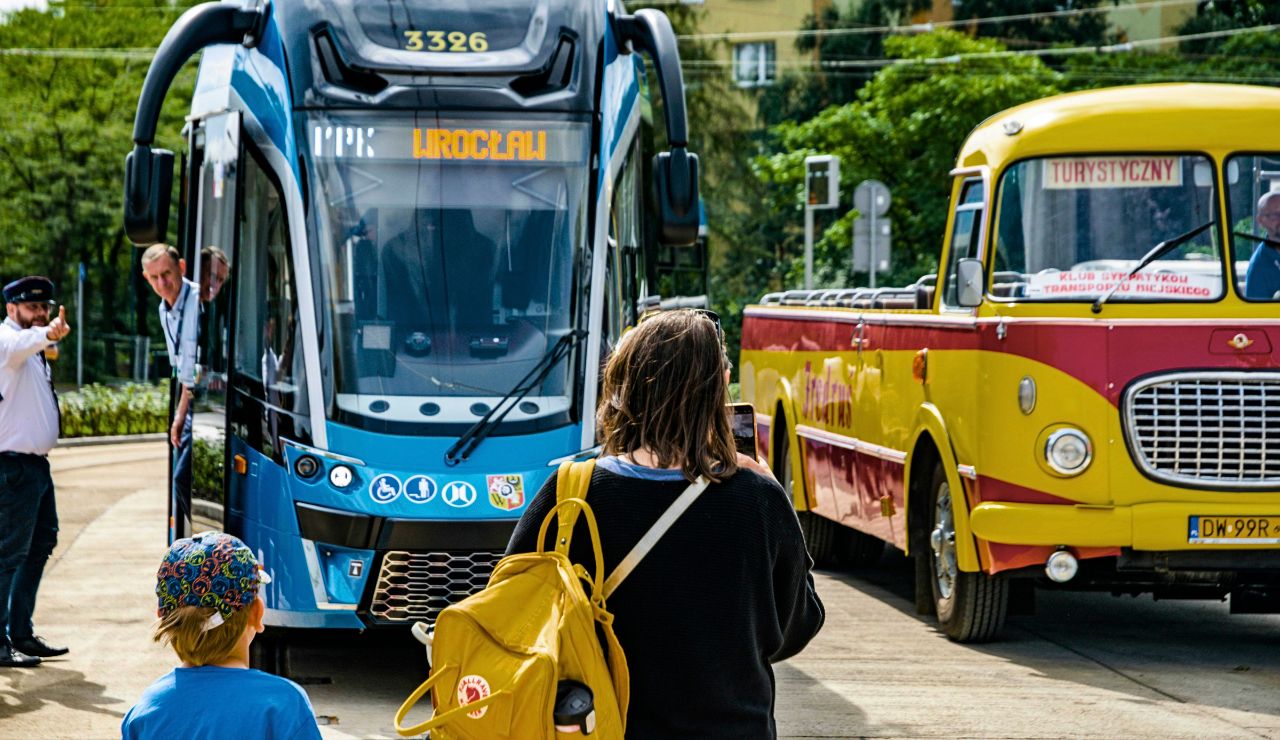
Whether you’re walking alone at night or taking public transport, always stay alert. Sit near the driver in buses, choose well-lit routes, and avoid empty train compartments. Keep one headphone out and your bag close to your body. Use ride-share apps with verified drivers, and double-check car plate numbers. If something feels off, trust your gut. Transits are when most solo travelers let their guard down—don’t let that be your blind spot.
Learn Basic Local Phrases
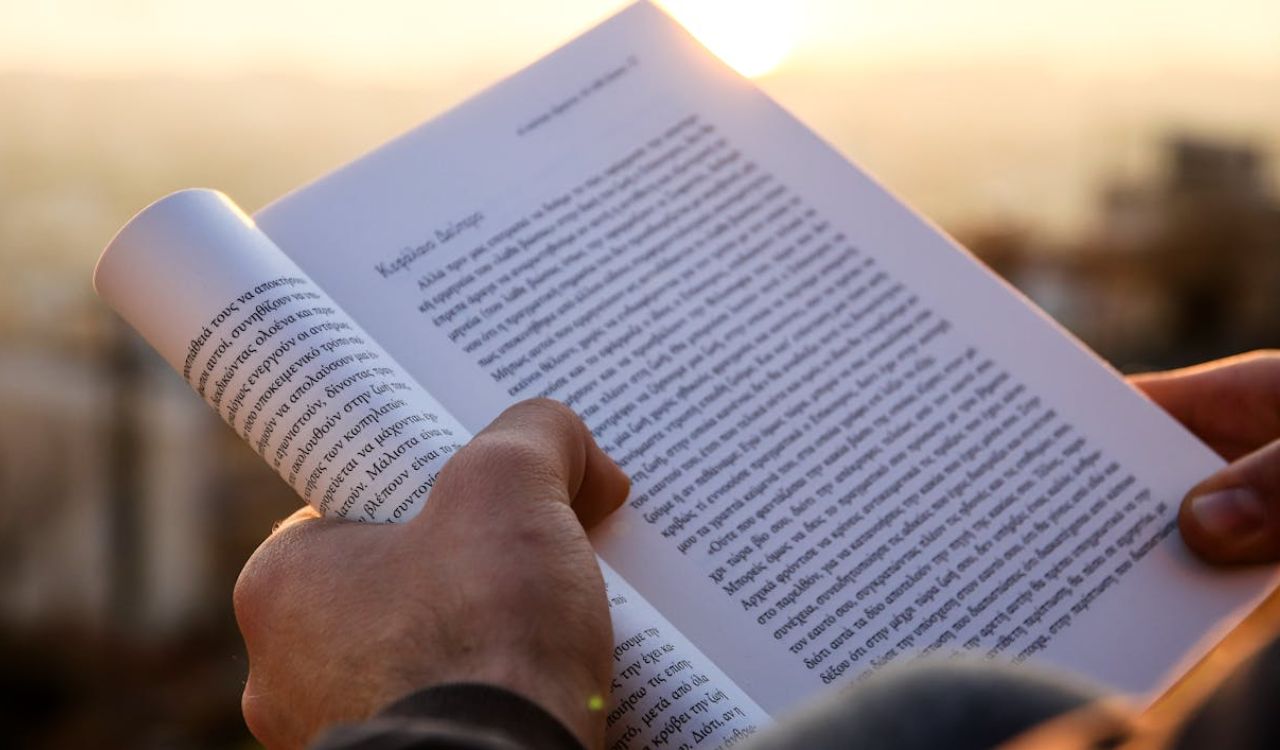
You don’t need to be fluent, but knowing words like “help,” “police,” “hospital,” and common greetings can make a big difference. Locals are often more responsive to travelers who try to speak the language, even if it’s broken. It helps you navigate unfamiliar places, understand instructions, and connect with kindness. Basic language skills are empowering, especially in emergencies. Download phrasebook apps or carry a small card with must-know words.
Have an Emergency Backup Plan
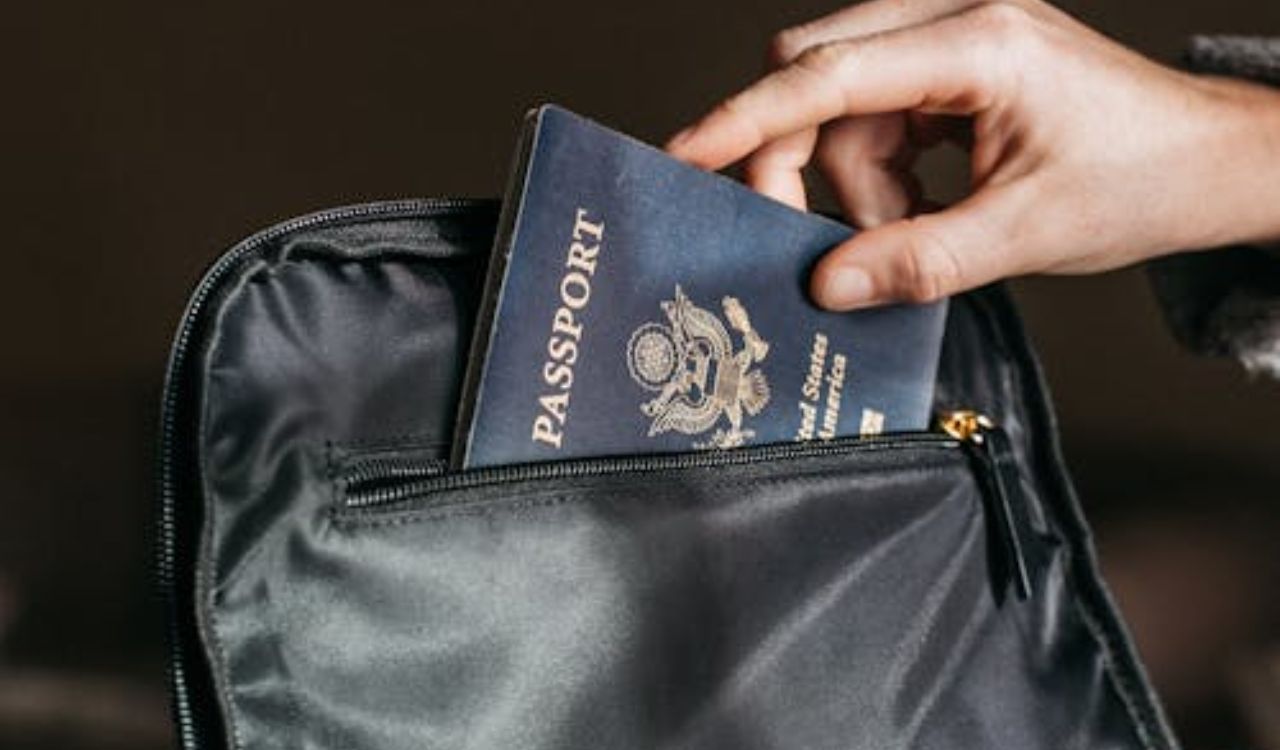
Hope for the best, prepare for the worst. Have a plan if you lose your phone, wallet, or passport. Know the nearest embassy, have a bit of backup cash in a sock or inner lining, and understand how to reach out for help locally. Think ahead about how you’d get to safety, reach a friend, or pay for an extra night. These backup plans reduce panic if something goes wrong. Confidence in crisis isn’t luck—it’s preparation.